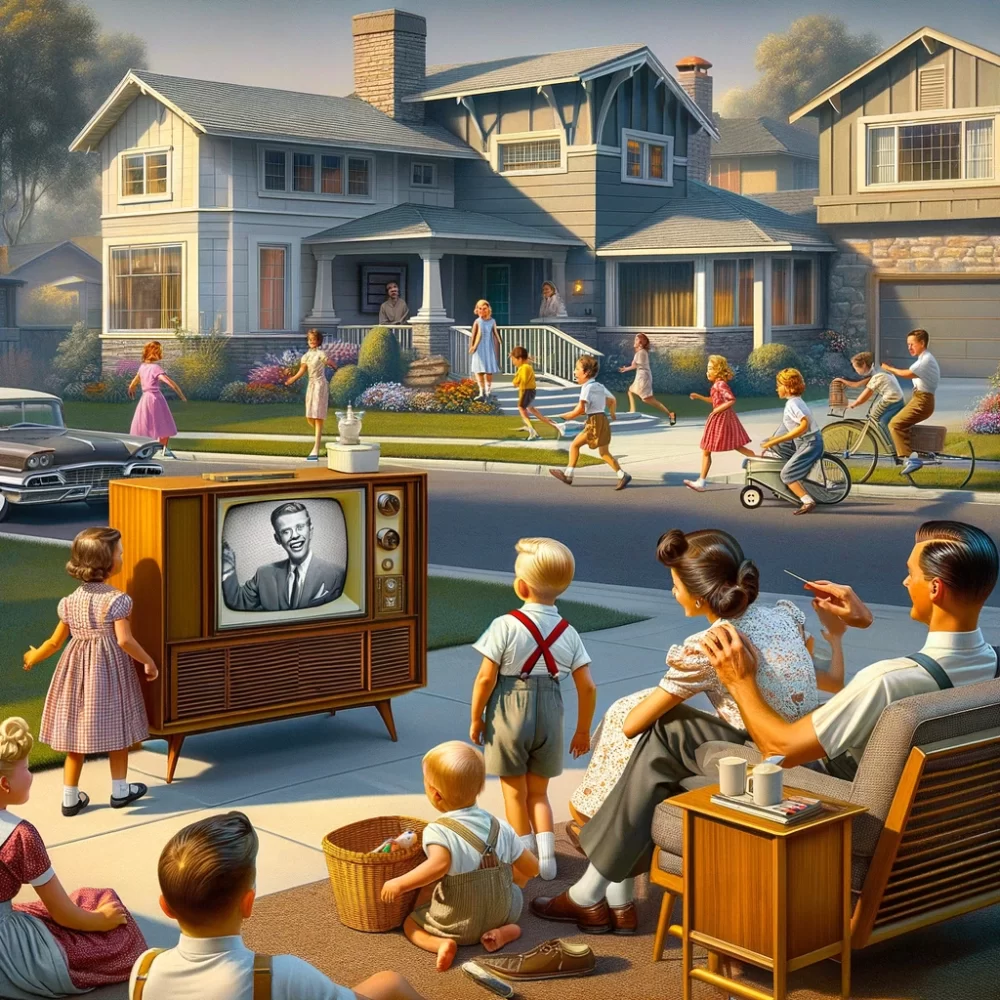
In a wide variety of social consciousness, baby boomers are often different from the more common arousal movements of younger generations. This is an extended study that shows that this generation grew up in a significantly different era and often doesn’t care much about awakening culture.
1. Different cultures grow

In an era when social norms mainly revolve around traditional values and roles, baby boomers have been raised. Their experience in their growing years was affected by postwar recovery and economic growth, which shapes different priorities and perspectives compared to the current focus on social justice and equality.
2. Disconnect from modern social media

This generation has less involvement in social media platforms, meaning they are less exposed to the awakening dialogue that permeates these platforms and the constant flow of activism. They rely more on traditional forms of communication and media that usually do not emphasize awakening culture.
3. Misunderstanding the term

The “wake” commonly used in contemporary and online discourse may itself not resonate with many trendy generations. Understanding this generational gap in contemporary terms leads to disconnection or lack of interest in movement.
4. Stability priority over change

After struggling to build your own life and career, baby boomers often prioritize their achievements. They may see the turmoil or change that awakens cultures advocate as a threat to the stability they value and work hard to do.
5. Different life priorities

As retirement and health issues become increasingly urgent with age, baby boomers may focus more on these aspects rather than actively engage in social or political activism that defines the smell. At this stage of life, their priorities are more direct and personal.
6. Doubts about rapid social change

The speed and nature of social change advocated by awakening culture may be overwhelming or viewed as impractical for many baby boomers. They prefer a more traditional gradual approach to changing their life experiences.
7. Belief in the elite

Many baby boomers are deeply rooted in the belief that hard work and talent lead to success. They may view the focus of awakening culture as a challenge to the concepts of elite politics that they cherish.
8. Discomfort with political correctness

The focus in awakening culture is that prudent linguistic and political correctness seems to limit the baby boomers. They often value direct communication and may view these norms as unnecessary restrictions on free expression.
9. Rely on traditional news sources

Boomers prefer traditional newspaper and television news over online media, meaning they are less exposed to the awakening narrative that is prevalent on digital platforms. This difference in media consumption shapes their understanding and opinions on social issues.
10. Fanaticism is a youth trend

Many baby boomers see Wokeness as part of contemporary youth culture that does not necessarily apply or affect their daily lives. They see it as a delivery phase, rather than a lasting impact or correlation associated with them.
11. Different definitions of social consciousness

The social movements of the tide generations participated in or witnessed civil rights or anti-war protests, defining their understanding of activism and social consciousness. They generally view these movements as more obvious and influential than they think that awakening culture is more abstract.
12. Perceived extremism

Some baby boomers see aspects of awakening culture as being too radical or away from them. This view of extremism can lead to reluctance to accept or participate in awakening the mind.
13. Heritage and tradition

Keeping the legacy and traditions they grew up and built is often a priority for the baby boomers. They may see awakening culture with a focus on demolishing certain traditional structures, which is a threat to these heritages.
14. The feeling of being misunderstood

More and more awakening generations of stereotypes or misunderstandings about young people can disconnect the baby boomers. This lack of mutual understanding leads to lack of interest in awakening ideology or practice.
Establish mutual understanding among generations

The gap in understanding and interest in awakening culture between the baby boomers and the younger generation emphasizes the need for open intergenerational dialogue. Such dialogue can promote mutual understanding and respect for various perspectives on social issues.
What do you think of the generational gap? Join the conversation and explore how people of different ages find common ground in understanding social issues.





